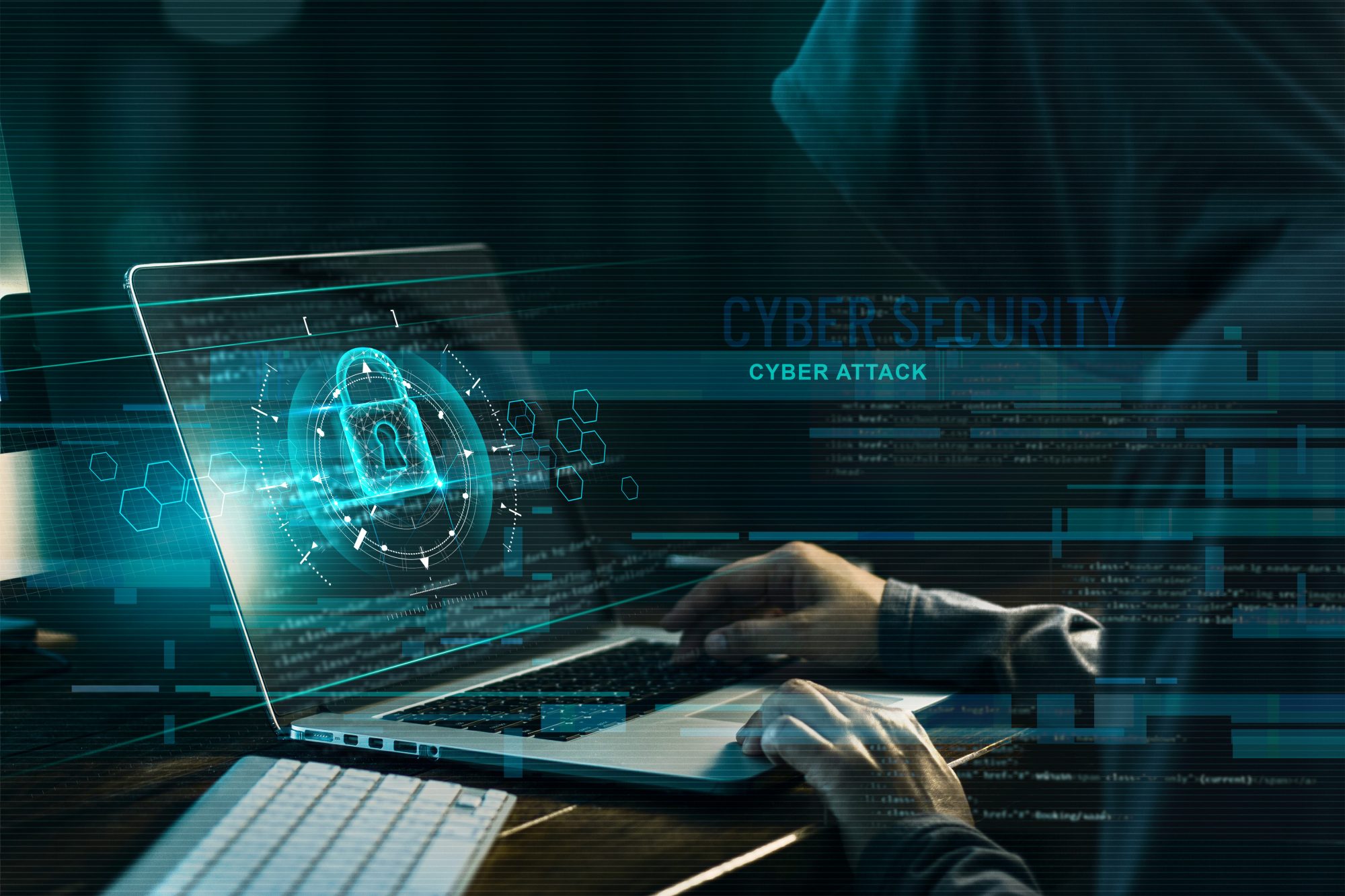Every company should keep sensitive information as secure as possible. However, this can be harder than we think. Even though the security systems are improving all the time, hackers are not far behind either. The cybercriminals are evolving too. A data breach can completely ruin the reputation of a company, resulting in terrible consequences for the customers who trusted them with their personal information.
Cybersecurity shouldn’t be taken lightly, so every company has to prepare itself for a possible cyberattack. No one can be certain their security measures are invulnerable at all times.
Here are seven security tips you can use to improve the way your company is handling sensitive information and bring your cybersecurity to a whole new level.
Take Cybersecurity Seriously

Having a good strategy for dealing with cyberattacks is a must. The majority of large companies already have reliable security measures in place. If you think a security breach won’t happen to your business, research the recent cyberattacks. You will see that the number is not going down. Therefore, focus on creating a strategy before it is too late.
A company that deals with sensitive information needs to protect their customers and users. Take a look at the data you are collecting and determine what kind of security you might need right now. But don’t stop there! Technology is always changing. Following the trends is a must for companies who want to stay on top of their game. Keep a close eye on potential threats from cybercriminals, as well as on new tools and apps that can help you keep the data safe.
The Importance of Encryption
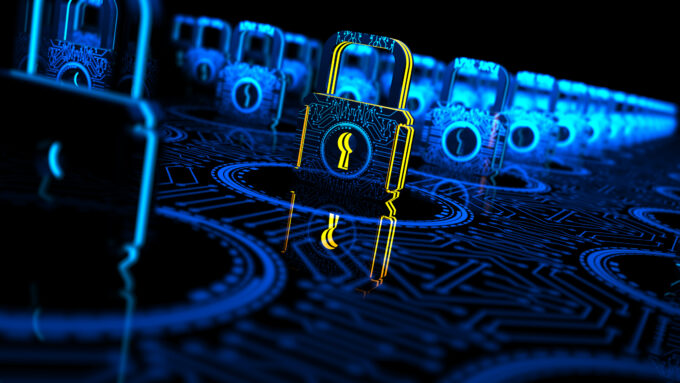
Encryption is your greatest ally for keeping sensitive information away from cybercriminals. This tool can take any file and turn it into a cipher only you can unlock. For instance, if your company uses end-to-end encryption, information sent by you to your clients or vice versa remains encrypted unless one side wants to decipher it.
In case someone manages to get into your system and steal the data, they won’t be able to read any of it because all the files are encrypted. Remember not to rely on encryption only. It will protect the information but have other security measures up and running as well. You can also use VPNs for encrypting your data. This is extremely important when working with sensitive information.
Reliable employees

Employee negligence often leads to security breaches. Shred-it, a company that deals with sensitive data, confirmed this statement in one of their studies. Both large and small companies admitted that 47% of their security issues were due to a lack of employee awareness. Therefore, teaching everyone in your company about possible risks is a must. You can also limit the number of people who have access to sensitive information and lower the threat overall.
Phishing is the perfect way for cybercriminals to get access to a computer system. It is an easy method since some users are not aware of potentially dangerous websites. As employees click on malware links and give cybercriminals access to the system, they can accidentally cause a lot of trouble for a whole company.
You can prevent this by using a VPN. It is not just a neat tool that changes your IP address. Some VPN services, such as NordVPN, block websites with a bad reputation for sharing malicious links and malware.
Strong Passwords
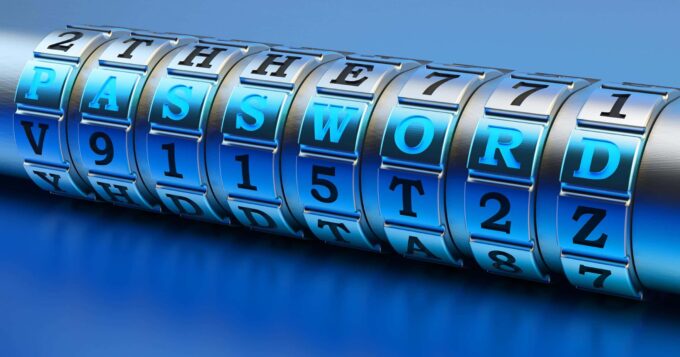
A Verizon Data Breach Investigations study conducted in 2025 discovered that 81% of all cybersecurity breaches happened due to weak passwords. To prevent this, both you and your employees need to be aware of the possible risk. Using common passwords makes everything easier for cybercriminals. There are plenty of apps and tools you could install that will help you pick a secure password with random symbols.
Additionally, never use the same password for multiple accounts. If one of them becomes compromised, the chances are others will soon follow. Surely, complicated passwords could be hard to remember, but a password manager will help you out with that. Avoid creating notes with a list of your passwords and saving it to your computer. Finally, two-factor authentication can add an extra layer of security to all of your accounts.
Use the Antivirus
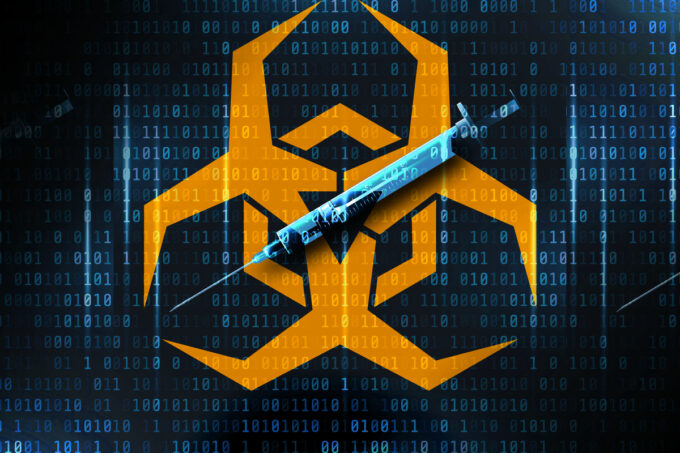
An antivirus is a useful tool that will defend you against cyberattacks. It will detect any malicious software that enters the system and eliminate the threat, so you should use it. A firewall is a must-have as well since it lets you know if someone is trying to gain unauthorized access to a computer. Always run the latest versions and keep this software updated.
Speaking of updates, don’t ignore your operating system. Cybercriminals are often trying to find any opening to squeeze through and get their hands on sensitive data. The perfect example of this is a case of a ransomware crypto worm that took advantage of an error in Windows 10. Microsoft’s team fixed the problem a couple of months before the ransomware attacks. Unfortunately, a large number of users failed to update their operating system, one of them being the National Health Service in the UK who was greatly affected by this attack.
Always Have a Backup
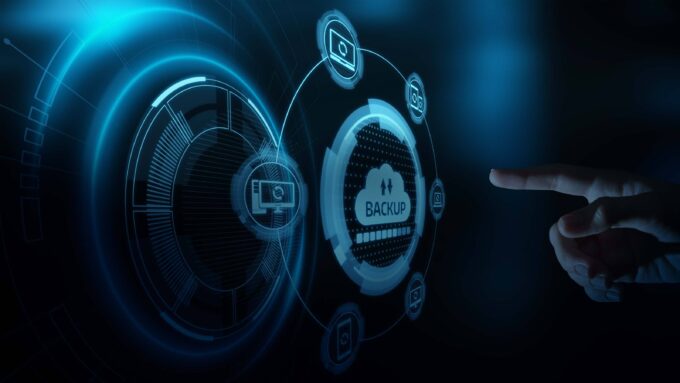
In case someone gains access to your company’s database, you need to have a backup. Cybercriminals target businesses with ransomware software and ask for large sums of money to give back the data. You can quickly restore everything without giving in to their demands by downloading the lost information from your backup.
We have to mention that storing all company data on a cloud service is not recommended. After all, you will upload it to a completely different location. You never know who can access the sensitive information you are trying to protect. Start by learning as much as you can about your cloud storage provider and their terms of use. If you decide to go for it anyway, don’t forget to encrypt the sensitive information before you send it to cloud storage.

